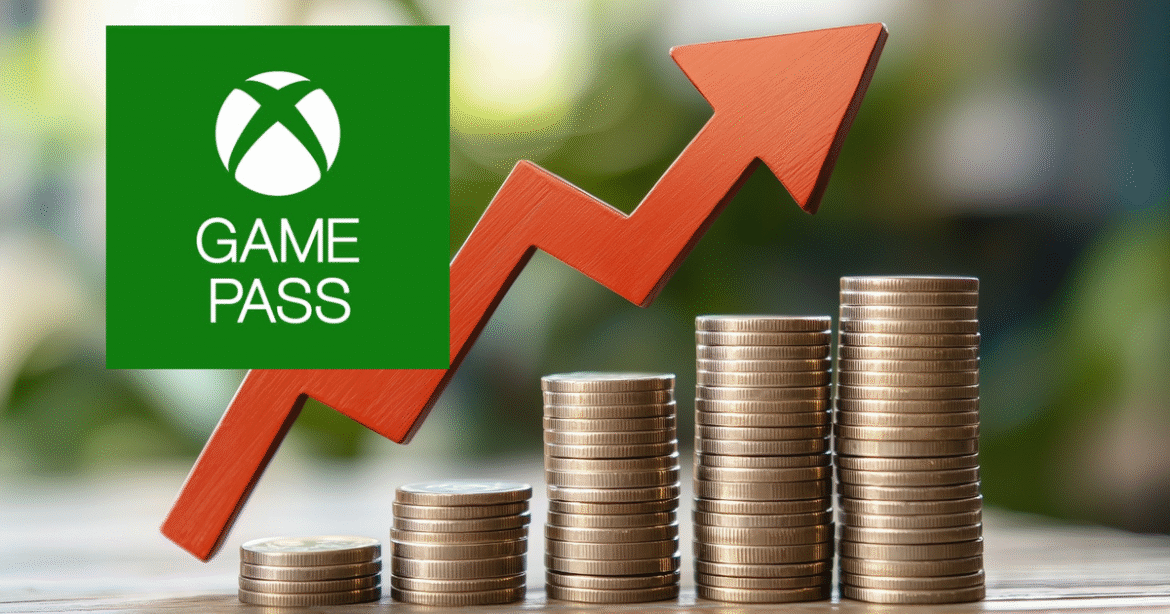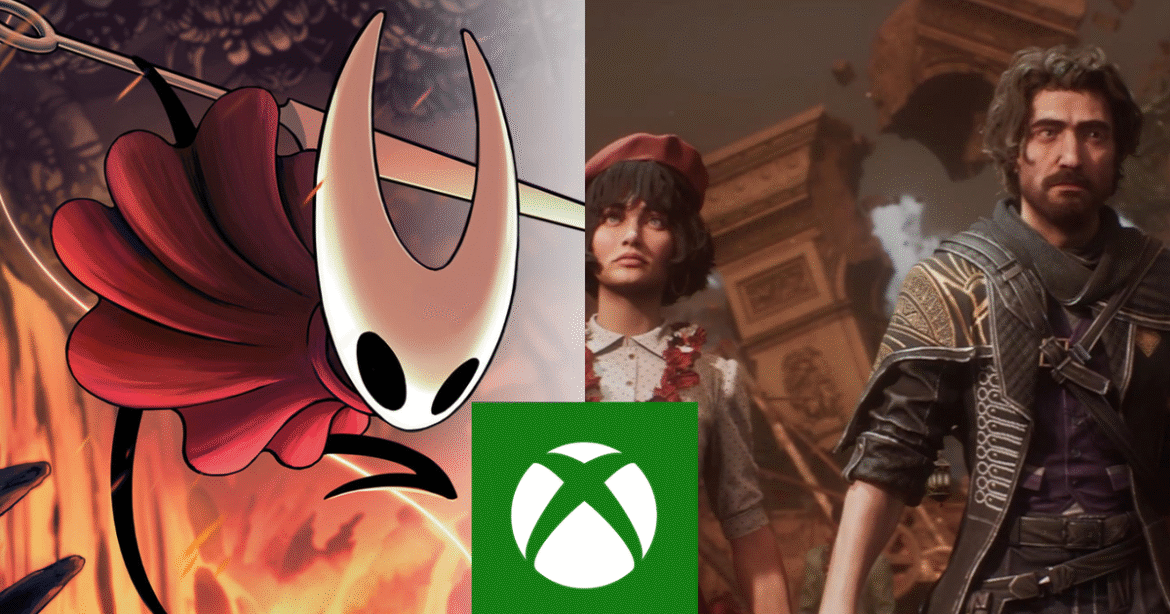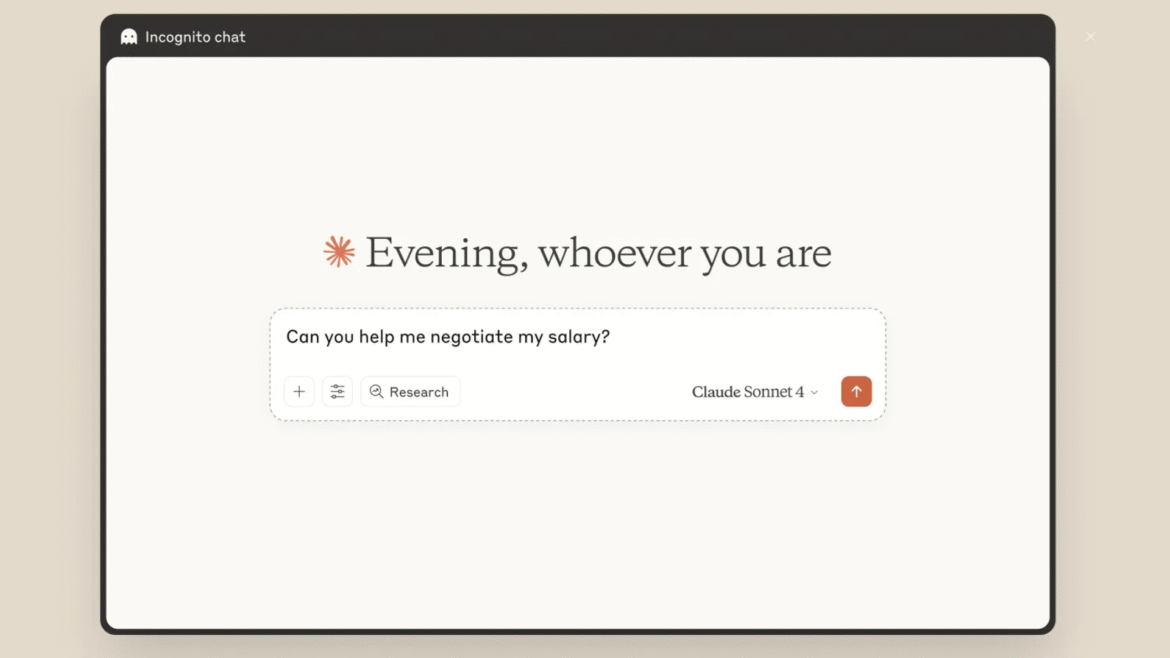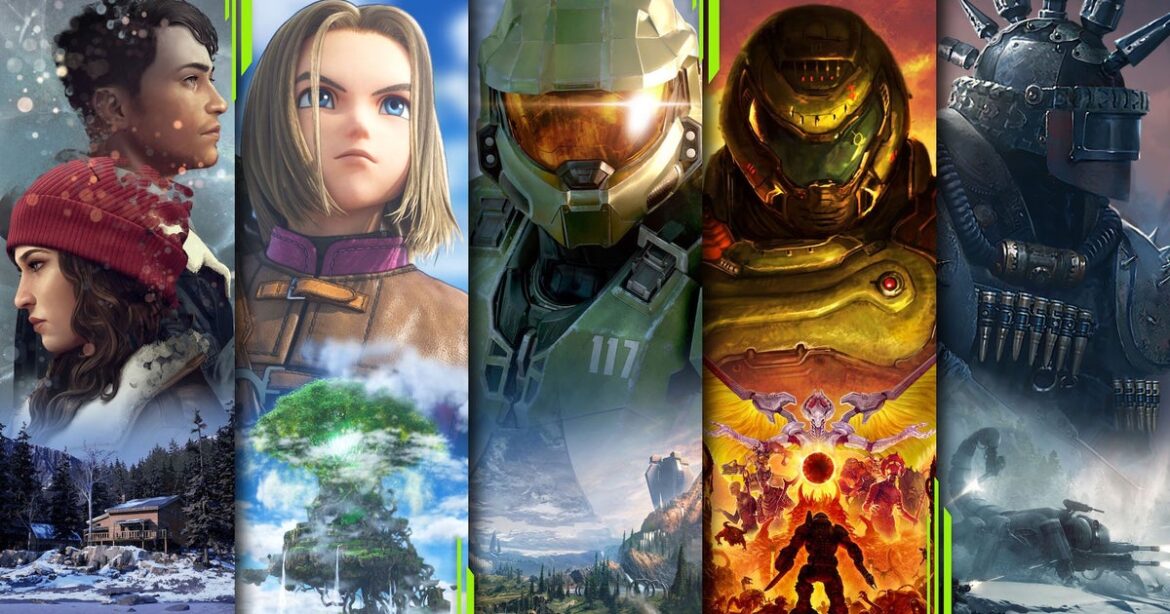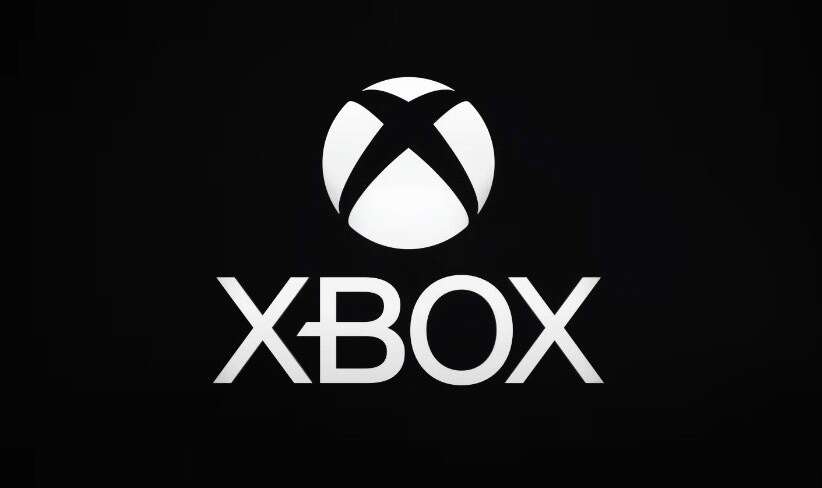Microsoft has increased the price of its Xbox Game Pass Ultimate subscription, along with a shake up of its tiers.
Game Pass Ultimate will now cost $29.99 / £22.99 per month. It includes access to over 75 day one releases a year, Microsoft stated in a new Xbox Wire post, as well as Fortnite Crew and Ubisoft+ Classics. Cloud gaming is also set to receive a boost in quality, and there’s a new Rewards programme too.
The price change comes with a change to the existing tiers. These are as follows:
- Game Pass Essential ($9.99, £6.99, €8.99/month) – offering 50+ games across PC, console, and cloud
- Game Pass Premium ($14.99, £10.99, €12.99/month) – offering 200+ games across PC, console and cloud
- Game Pass Ultimate ($29.99, £22.99, €26.99/month) – offering 400+ games across PC, console and cloud
Day one game releases are only included in the Ultimate tier. The Essential tier is the smallest, curated library of games. Current Standard subscribers will be automatically upraded to the Premium tier.
PC Game Pass will remain available, will include Ubisoft games, and will continue to receive day one games. Its price has also increased – it will now cost £13.49 / $16.49.
Image credit: Microsoft
The Game Pass shake up comes alongside a change to Microsoft Rewards. From today, users will no longer be able to directly redeem Rewards points for Xbox Game Pass subscriptions.
Instead, you’ll need to redeem your points for a gift card in a denomination sufficient to cover the cost of the subscription, and use this to purchase.
Last month, ID@Xbox boss Chris Charla discussed the current state of Game Pass with Eurogamer, stating this year marks Xbox’s “largest investment in Game Pass to date”.
“Last year, we worked with over 50 teams to sign their first Game Pass deal,” he said. “This year marks our largest investment in Game Pass to date, and we remain focused on delivering the most exciting and diverse catalogue in gaming.”
Charla’s comments follow criticism of the service, amid debate around how subscription services cannibalise direct sales of games, as well as questions on whether Game Pass is profitable.
This increase in the price of a Game Pass subscription would certainly indicate it’s not as profitable as Microsoft would wish it to be. That’s despite the subscription hitting almost $5bn in annual revenue last year, as Microsoft overall saw an 18 percent increase in revenue to $76.4bn.
It also comes just days after a hardware price hike in the US, with Xbox consoles now costing between $80 and $130 more.
Check our Xbox Game Pass guide for all the details on the games available.

